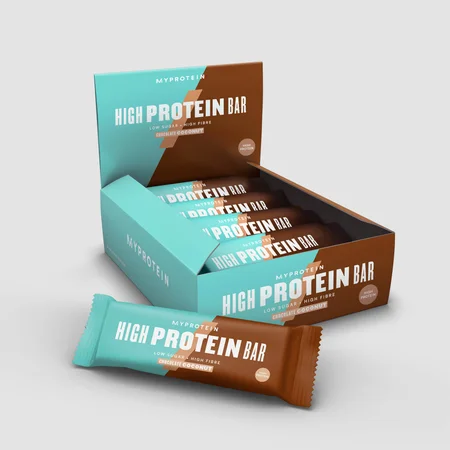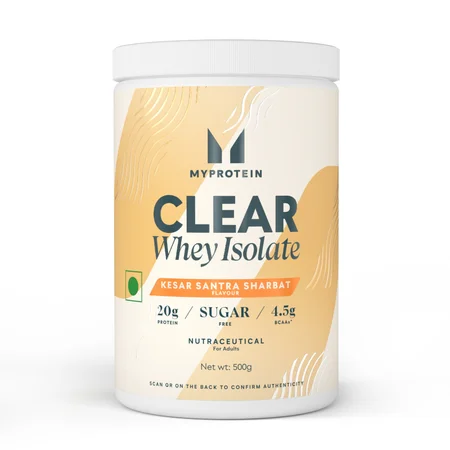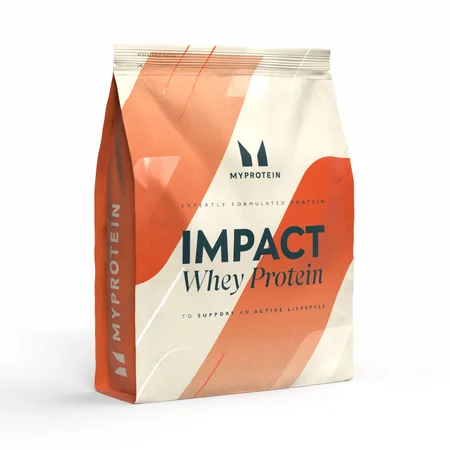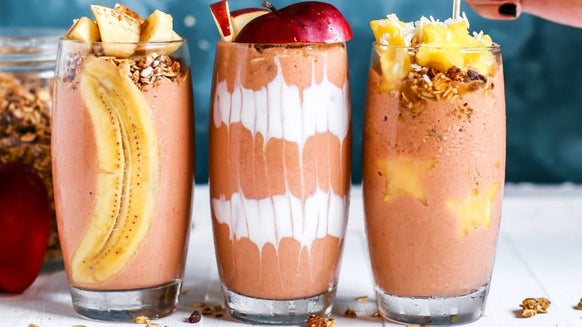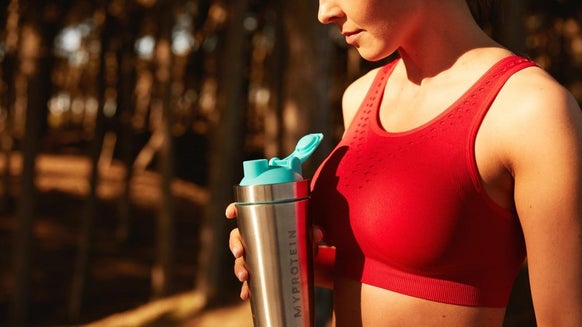What To Eat After Your First Gym Session Back
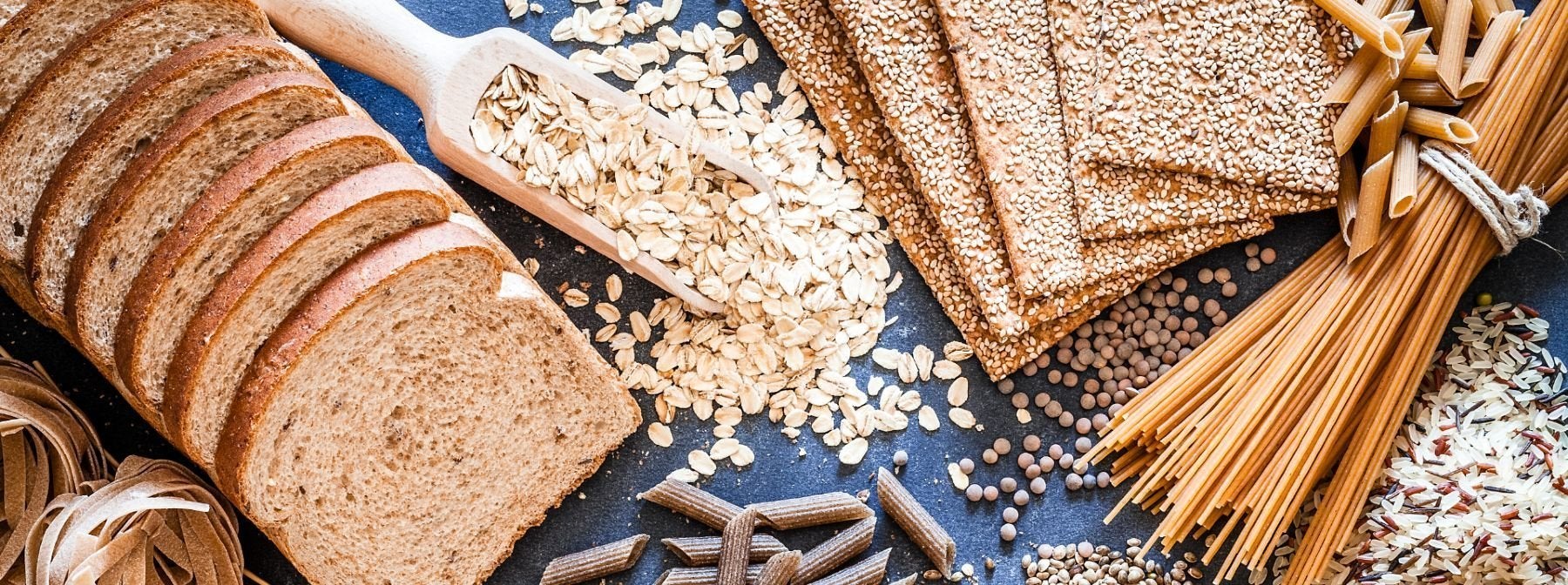
So, you’ve taken the steps (literally) to re-enter your gym, you’ve given your workout playlist a refresh and bought some new gym wear. It’s time to recover and refuel so that you can enjoy your next planned session with as much renewed energy as possible!
It feels like such a long time has passed since we picked up a weight that didn’t resemble a backpack filled with tinned beans, or a broom stick weighted with hanging baskets at either end, so we’ve given ourselves a reminder for what we should be eating post-gym session.
Even better? We’ve tailored it to match our bodies which haven’t stepped foot into the gym in a good few months. We’ll undoubtedly be feeling the DOMs after our first session back at the gym and we want to minimise the effects this might have on our following sessions.

The 3 R’s
If you learn something new today, let it be this motto: refuel, rebuild, rehydrate.
These three headings bring together the most important macronutrients needed for recovery: carbohydrates and protein, as well as acting as a reminder to check your hydration levels to speed up recovery.
Refuel
Once you’ve unpacked your gym bag and had a shower at home, it’s time to refuel your body to regain energy.
Carbohydrates are our body’s main energy source, so it makes sense that we need to consume a good amount of carbohydrates post-session. Work your carbohydrate-filled snack around your personal macro calculations or, if you’re looking for a starting point, aim for half your plate to be filled with foods high in carbohydrate.
Rebuild
This is where we bring in the gym-famous macronutrient: protein!
While science is ever changing in regard to the optimal timing of protein intake following each gym session, you can’t go wrong with filling your body with protein as soon as possible to kickstart your muscles into recovery.
Look for complementary proteins if you’re not a meat or fish eater, as these will enhance your recovery and build new muscle effectively. Whatever your dietary choices, rebuild those muscles with a decent intake of protein to see the gym gains and, more importantly, recover.
Rehydrate
We’ve spoken about hydration before so it’s no surprise that this theme pops up again!
Fluid plays a key role in recovery, particularly as fluids contain electrolytes which help to reduce muscle cramps and muscle fatigue, not to mention that an intake of fluid replaces any fluid sweated out in your session.
Food in practice
Now that we’ve reminded ourselves of what to eat so that we can recover the best we can after our first gym session back, it’s time to plan some ideas for food we can eat to aid recovery.
Idea #1
Boil some eggs and serve with a couple of slices of ham or cheese (depending on your dietary choice), paired with a rice cake or two.
Idea #2
Nut butters are not only tasty, but they provide a good dose of protein and carbohydrates. Layer on a slice of rye bread or try with a baked sweet potato (don’t knock it till you’ve tried it).
Idea #3
Slice up an apple, banana, pineapple, or any fruit for that matter and serve with cottage cheese. If you’re looking for an extra protein boost, stir some protein powder into the cheese.
Idea #4
Take home message
Carbs, protein and fluid - it’s as easy as 1,2,3!
Cheesiness aside, the 3 R’s are easy to remember and (hopefully) easy to implement into your day once you’ve put down those weights.
It’s all too easy to forget about nutrition and its importance in recovery when we’re feeling the long-awaited post-gym session high, but putting the correct food into your body will benefit your recovery so that you can chase those new gym goals quicker than ever.
READ THIS NEXT:

10 Delicious Whey Protein Recipes Absolutely Worth Trying
Who knew you could do so much with whey?
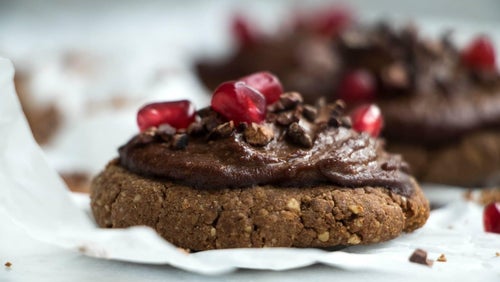
16 Protein Cookie Recipes To Curb Your Cravings
Here's a cookie recipe for every occasion and to conquer every craving.

